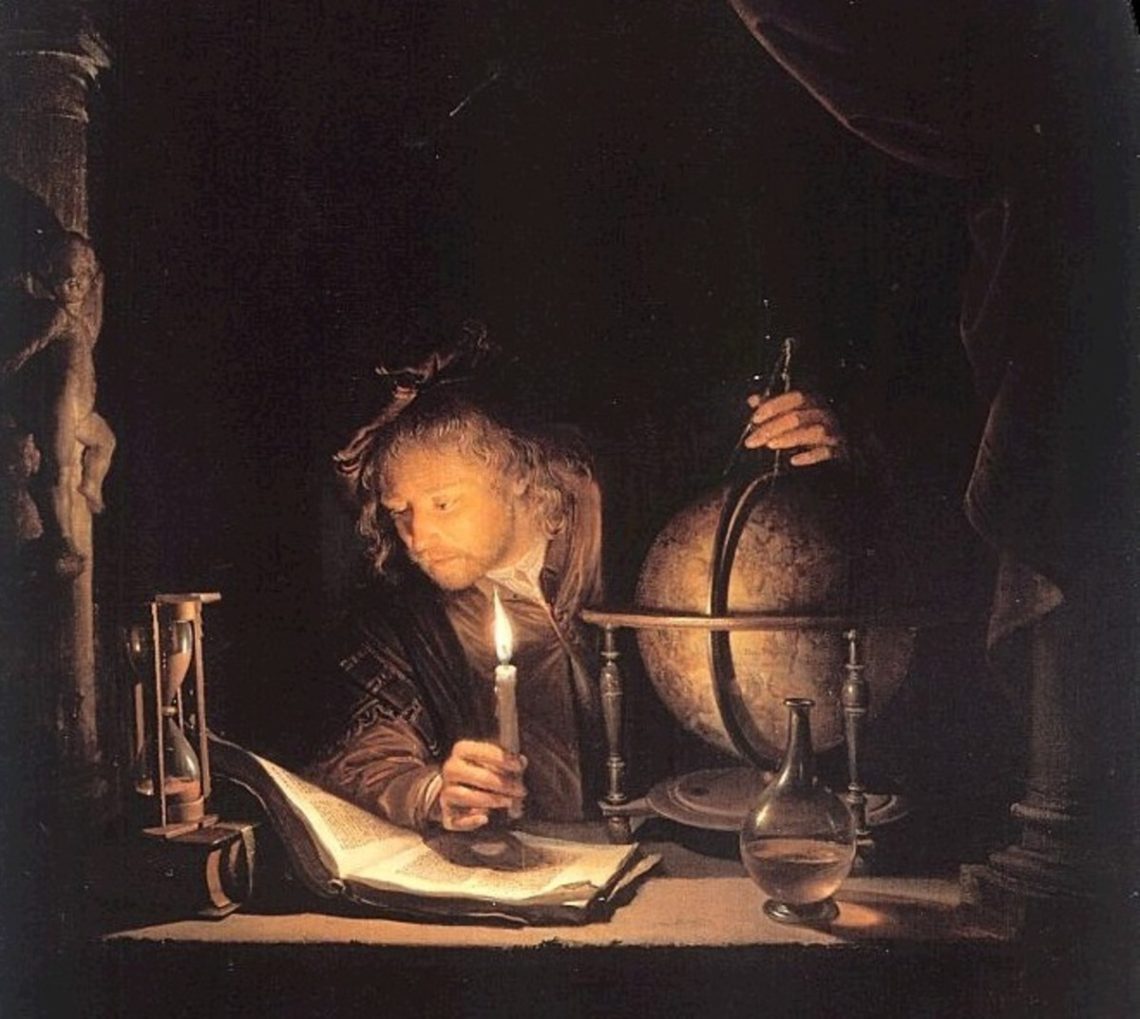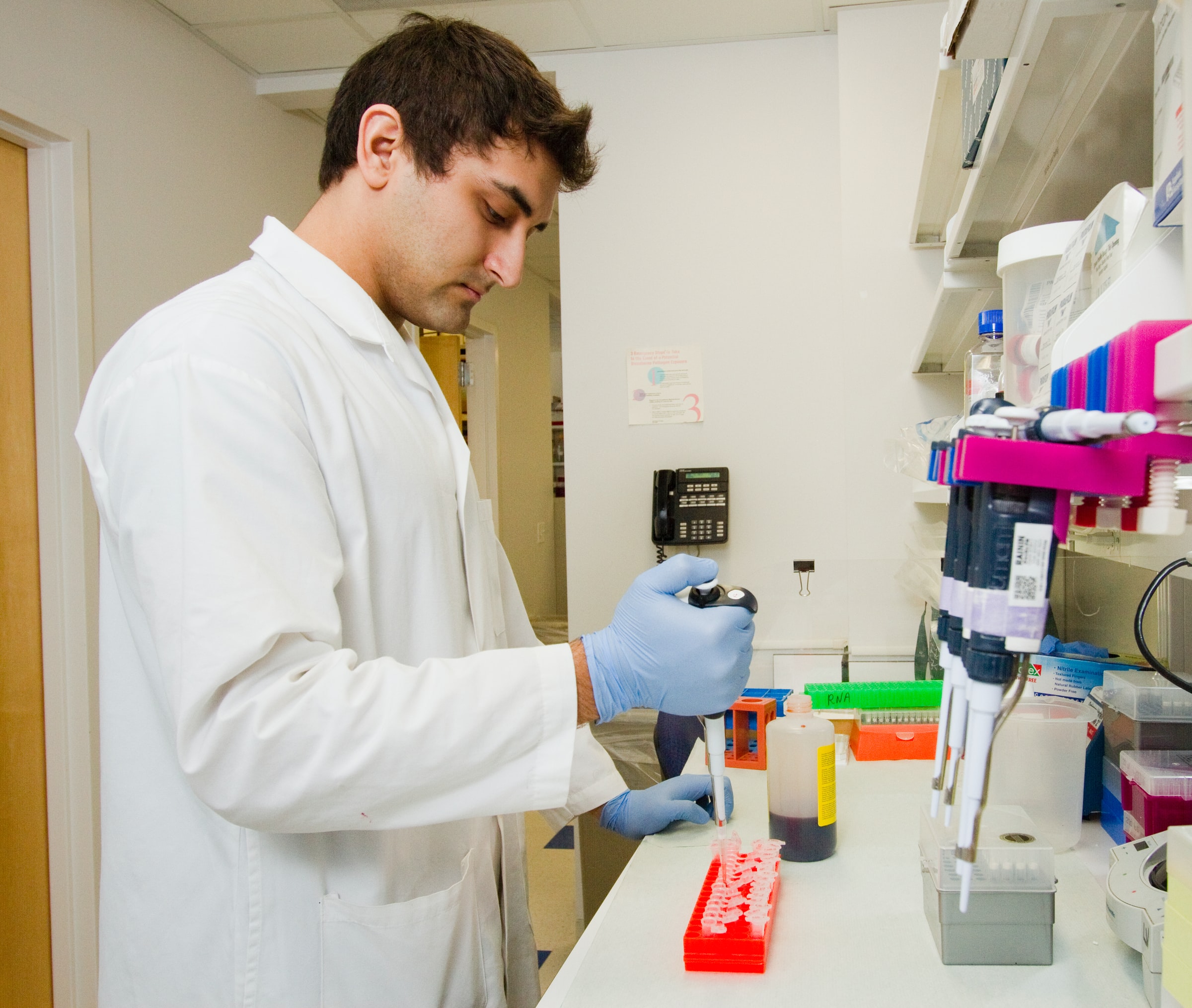
From Fire to Artificial Intelligence: How Science Has Evolved
Science has been an integral part of human civilization for thousands of years, and has contributed to our understanding of the world, our health, and our technology. Over time, science has evolved in many ways, from early discoveries of fire and tools to modern advances in genetics and artificial intelligence. In this blog, we’ll explore the key milestones and breakthroughs in the history of science, and how they have shaped our world today.
Early Discoveries and Inventions
One of the earliest and most significant discoveries in human history was the control of fire, which allowed our ancestors to cook food, stay warm, and protect themselves from predators. This led to the development of tools and weapons, such as spears and knives, which helped humans hunt and gather more efficiently. Other notable inventions from this era include the wheel, agriculture, and writing, which laid the foundation for human civilization.
The Scientific Revolution
In the 16th and 17th centuries, a major shift occurred in the way people approached science, known as the Scientific Revolution. This period saw the rise of empirical observation, mathematical modeling, and systematic experimentation, which challenged long-held beliefs and superstitions. Notable figures of this era include Galileo Galilei, who discovered the laws of motion and the phases of Venus, and Isaac Newton, who developed the theory of gravity and calculus.
The Age of Enlightenment
The Enlightenment, which spanned the 18th and early 19th centuries, was a period of intellectual and social upheaval, marked by a renewed interest in reason, human rights, and progress. This era saw the rise of scientific institutions, such as the Royal Society and the Academy of Sciences, which fostered collaboration and innovation across disciplines. Notable scientific advances of this era include the classification of species by Carl Linnaeus, the discovery of oxygen by Joseph Priestley, and the invention of the steam engine by James Watt.
Industrial Revolution
The Industrial Revolution, which began in the late 18th century and lasted until the mid-19th century, was a period of rapid industrialization and technological advancement, fueled by innovations in science and engineering. This era saw the rise of factories, steam-powered machinery, and mass production, which transformed society and the economy. Notable scientific advances of this era include the invention of the telegraph by Samuel Morse, the discovery of electromagnetism by Michael Faraday, and the development of the germ theory of disease by Louis Pasteur.
Modern Science and Technology
In the 20th century, science and technology continued to evolve at an unprecedented pace, with breakthroughs in areas such as electronics, physics, biology, and computer science. This era saw the development of nuclear energy, space exploration, medical imaging, and the internet, which have transformed our world in ways that were once unimaginable. Notable scientific advances of this era include the discovery of DNA by James Watson and Francis Crick, the invention of the transistor by John Bardeen, William Shockley, and Walter Brattain, and the development of artificial intelligence by John McCarthy and others.
In addition to the scientific breakthroughs mentioned, there have been many other important discoveries and developments throughout history that have shaped the course of science. These include the invention of the microscope by Antonie van Leeuwenhoek, which allowed scientists to observe and study microscopic organisms; the discovery of the laws of thermodynamics by Rudolf Clausius and others, which laid the foundation for modern physics and engineering; and the development of the theory of evolution by Charles Darwin, which revolutionized our understanding of biology and the natural world.
It is worth noting that the evolution of science has not always been linear or uncontroversial. Scientific discoveries have often challenged long-held beliefs and values, and have sometimes been met with resistance or even persecution. For example, the Copernican Revolution, which proposed that the Earth revolves around the Sun, was initially met with opposition by religious authorities who viewed it as a threat to their authority and worldview.
Similarly, modern scientific discoveries such as climate change and genetic engineering have sparked debate and controversy, as people grapple with the implications and ethics of these advances. However, despite these challenges, science has remained a powerful force for progress and innovation, helping us to understand and address some of the most pressing issues facing humanity today.
In conclusion, the evolution of science is a testament to human curiosity, ingenuity, and collaboration. From the earliest discoveries of fire and tools to the latest breakthroughs in artificial intelligence and gene editing, science has transformed our world in countless ways, and continues to hold immense promise for the future. As we face new challenges and opportunities in the years ahead, it is important that we continue to invest in scientific research and education, and to support the open exchange of ideas and information that has enabled science to thrive. By doing so, we can ensure that science remains a source of inspiration, progress, and discovery for generations to come.
You May Also Like

Top 5 Things Everyone Should Know About Monkeypox
2022-05-24
4 Life Stages That Affect Your Memory
2022-04-26


